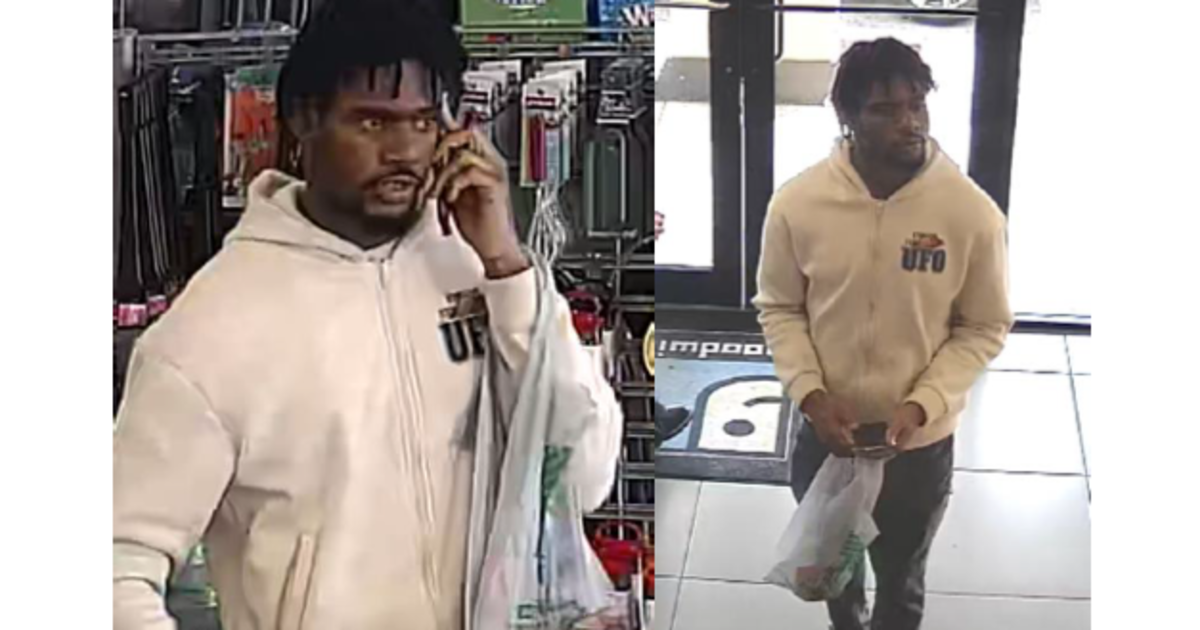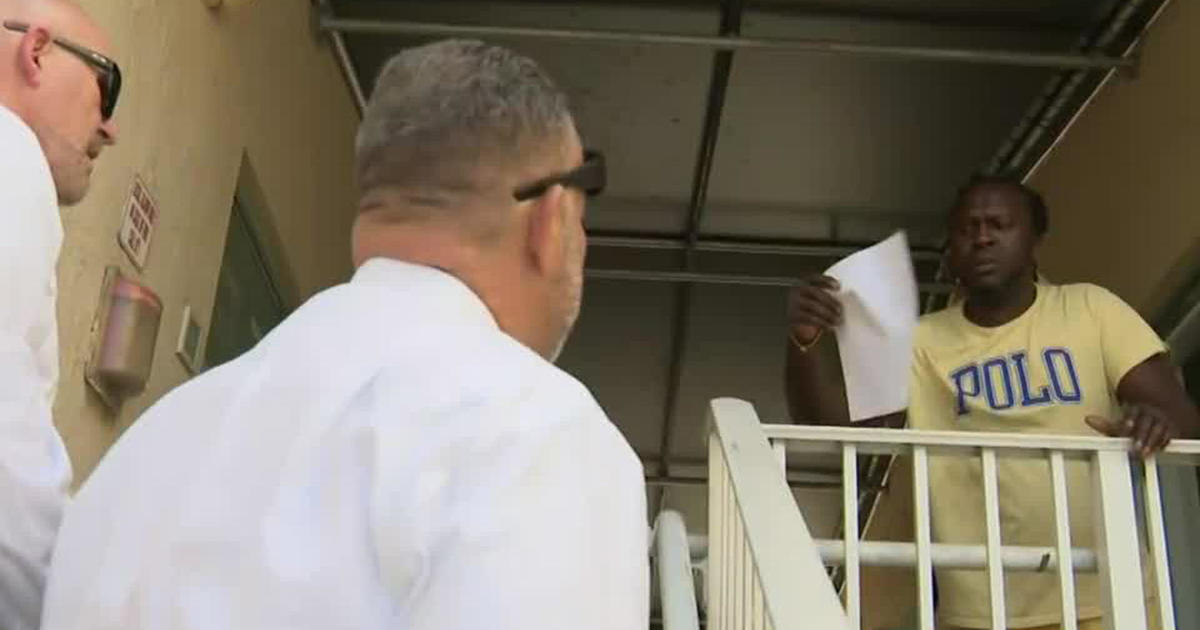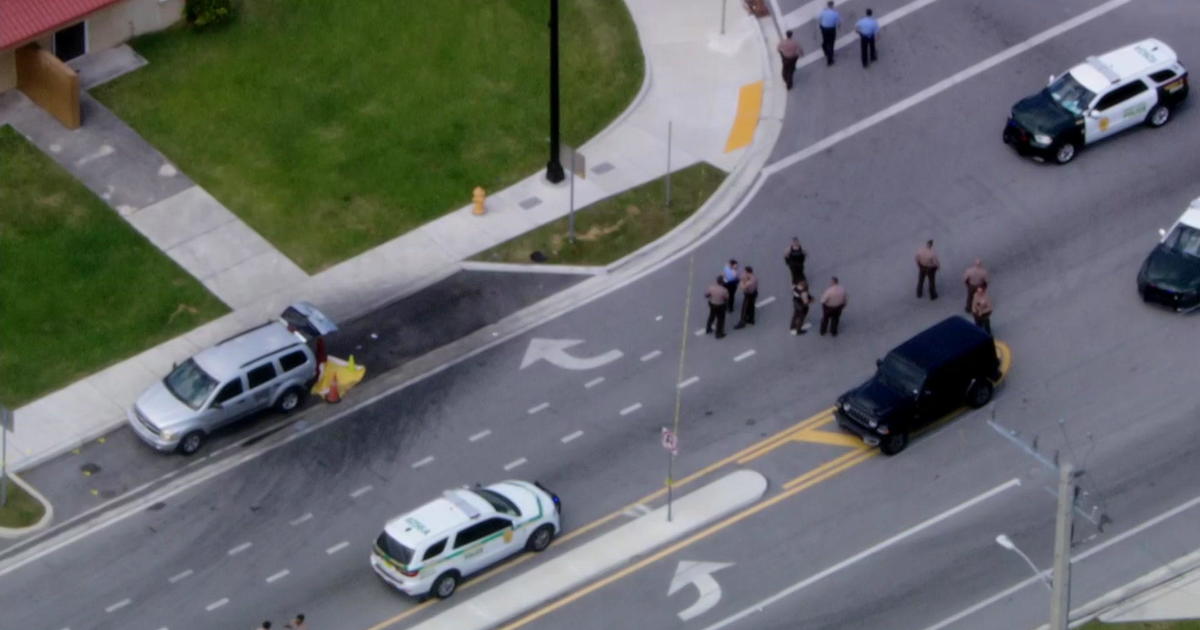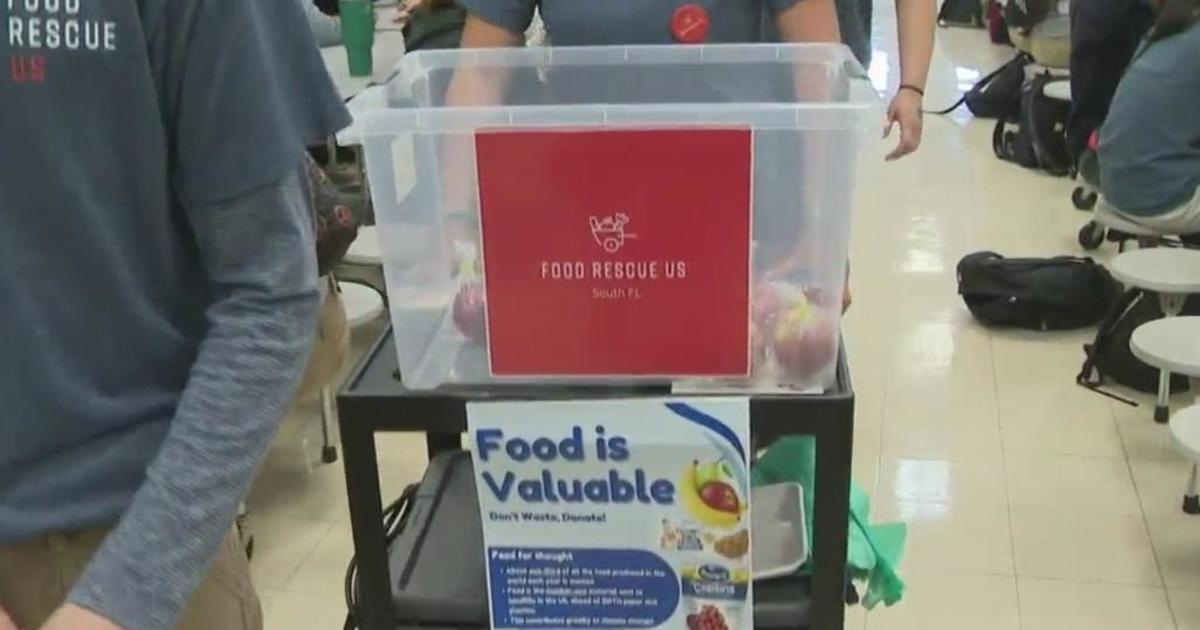911 Technology Getting Much Needed Upgrades
Follow CBSMIAMI.COM: Facebook | Twitter
MIAMI (CBSMiami) – You learn to dial 911 in an emergency when you are a child. Dispatchers can find your location and send help in seconds.
But more and more dispatchers are having a hard time finding callers.
Why? It's because the calls are coming from cellphones.
"When I call from my cellphone, do you automatically know where I am?" CBS4's David Sutta asked Susan Lowe, the 911 Communications manager for Miami-Dade Police Department.
"Well that's yes and no answer. We have a pretty good idea of where you are," she said.
Miami-Dade dispatch takes more than 2 million 911 calls a year.
In the old days, it was as simple as entering your landline phone number and pulling up the address on your bill.
But today more than 80 percent of 911 calls come from cellphones – phones that could be anywhere.
Using the nearest cellphone towers to you, dispatchers get a general idea of where you are. They could be as close as your lawn or more than a football field away.
"Thirty to 500 feet is pretty wide range," Sutta told Lowe.
"Can be, and with that comes a challenge of elevation. So we are in an urban area, it's very hard to triangulate exactly where the person is in a downtown area and also where in the building that they are," Lowe replied.
In other words, if you need 911 and you are in a field, they are going to find you. If you are in a high rise though, you need to tell them where you are.
"We would like it to be 100 percent. We would like it to be like the movies where the call pops up and we know exactly where you are," Lowe said.
The good news is 911 systems are required to be upgraded nationwide.
This next generation 911 could help solve location issues and enhance service like being able to text 911.
Miami-Dade, Broward and Palm Beach plan to roll it out next year.
"We have to make sure that we are not introducing a security threat to our system," Lowe said.
Texting 911 could prove helpful in situations where you can't speak to a dispatcher – perhaps a domestic violence case or even a terrorist attack like the Orlando Pulse nightclub. Victims were texting family members for help instead of 911.
Text to 911, however, brings a whole new set of issues.
"With text we're now back to the most basic form of communication: the written word. And there are challenges that. One, we have a large population of foreign language callers. I would have a large population of foreign-language texters. So with that we are now working on policy on how we are going to deal with that. Plus slang, jargon, all of those things need to interpret that," Lowe explained.
Think about that for a minute. Sure you know what LOL means, but everyday new abbreviations are being invented in English, Spanish, Creole and on and on. It's something 911 is working through.



